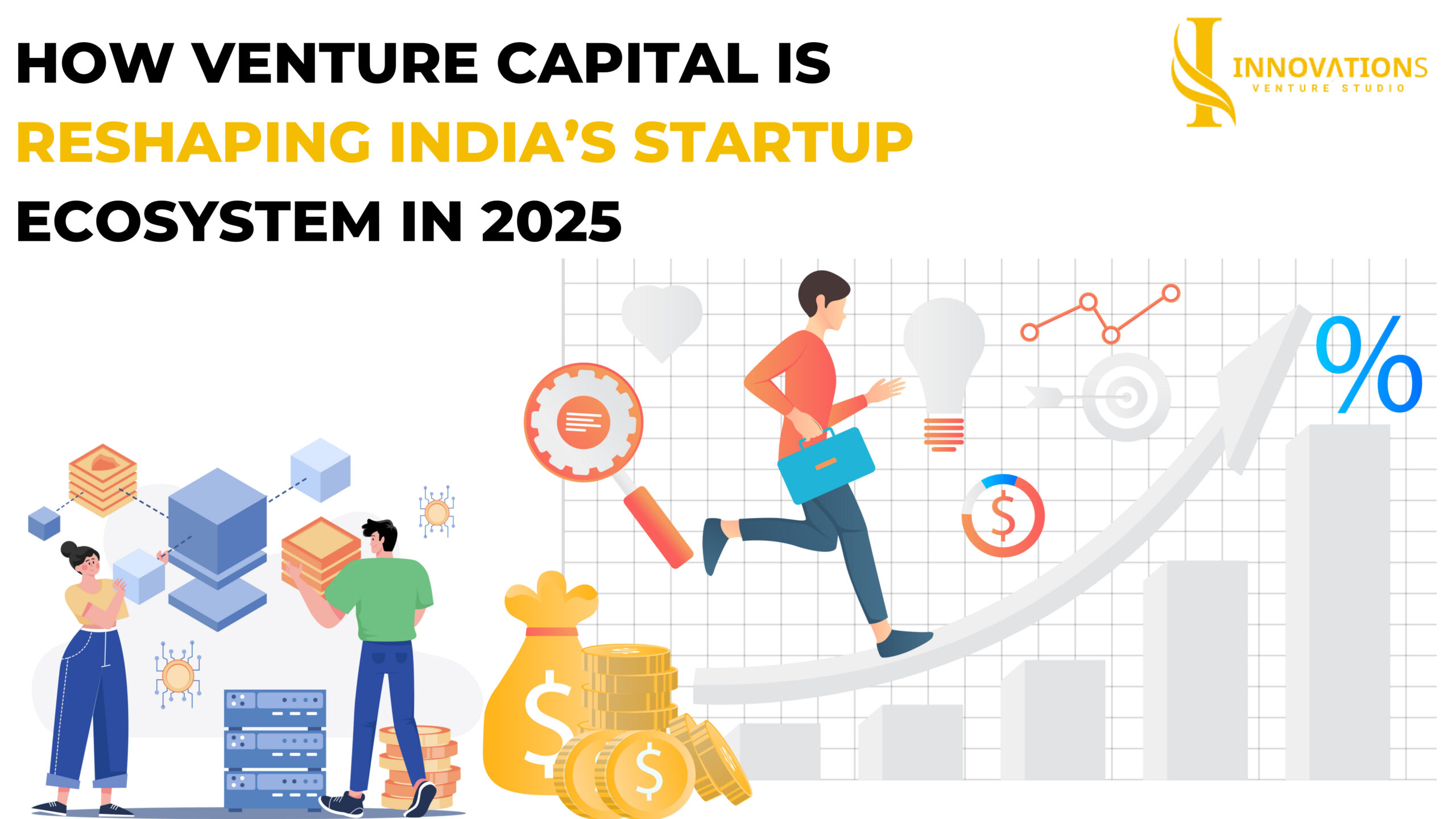Venture capital in India has evolved from being just a funding source into a catalyst for national economic transformation. The VC industry is now deeply intertwined with innovation, technology, and social change. In 2025, India is witnessing a new era where venture capital is not only fueling startups in metro cities but is actively reshaping the entrepreneurial landscape across the country. Let’s explore how this capital is rewriting the rules of innovation, inclusion, and growth.
Sector-Specific Funds Are Leading the Next Wave
One of the most notable shifts in recent years is the rise of sector-specific VC funds. Instead of deploying capital across a wide range of industries, many investors are narrowing their focus to build deeper expertise and create targeted impact. Funds focused on climate tech are backing clean energy storage, EV infrastructure, and carbon offset platforms. Meanwhile, healthtech VCs are supporting startups working on telemedicine, AI diagnostics, and wellness platforms that are democratizing access to healthcare.
This laser-sharp focus has allowed startups to receive not just funding, but also guidance from investors who understand the nuances of the space. Startups are scaling faster and solving more complex problems because the capital they receive is now “smart capital” — driven by strategic alignment rather than just financial expectations.
The Rise of Bharat-First Innovation
The “India vs. Bharat” narrative is finally changing — thanks to venture capital. Investors are increasingly looking beyond Tier I cities to back founders who are solving real problems for the next 500 million users. In cities like Ranchi, Bhopal, Kochi, and Nagpur, startups are building for vernacular audiences, digitizing rural supply chains, and offering tech-based solutions in sectors like farming, skilling, and micro-commerce.
VC firms are realizing that Bharat is not just a market, it’s a massive opportunity. Products built for rural and semi-urban India are now scaling nationwide. What makes this shift powerful is that many of these startups are also first-time founders, supported by local incubators, and bootstrapped till VC funding steps in — leading to stronger unit economics and sustainable growth models.
Policy Backing + VC = Accelerated Impact
The Indian government’s startup-friendly policies have started creating a measurable impact, especially when aligned with venture capital. Initiatives like Startup India, Digital India, and the National Startup Awards have improved access to funding, simplified compliance, and brought legitimacy to the founder economy.
Moreover, central and state governments are launching co-investment models with private VCs — such as the SIDBI Fund of Funds — creating a multiplier effect. Startups that were once hesitant to formalize their operations are now leveraging both public and private capital to scale. This collaborative approach between policy and venture capital is accelerating the growth of mission-driven startups in education, climate, and social impact.
AI, DeepTech, and Sustainability Are Taking Center Stage
The Indian VC landscape is rapidly shifting toward frontier technologies. Deeptech and AI startups — once considered risky — are now in high demand. Investors are backing innovations in generative AI, space tech, battery intelligence, biotech, and Web3 infrastructure. These are not just trends — they represent India’s growing ambitions to create globally competitive IP and tech-first unicorns.
Additionally, ESG metrics are becoming central to VC decision-making. Funds are actively investing in businesses with long-term sustainability goals, clean manufacturing processes, and inclusive workforces. Startups are now being evaluated not only on revenue potential but also on planet and people impact — showing that venture capital is evolving from capitalism to conscious capitalism.
Bridging the Gap: The Role of Venture Studios in the VC Ecosystem
While traditional venture capital focuses on funding, venture studios are emerging as powerful partners that build startups from the ground up. They don’t just invest — they co-create ideas, bring in founding teams, validate business models, and provide operational support from day one. This collaborative model is gaining momentum in India, especially for early-stage ideas that need more than just capital to succeed.
At Innovations Venture Studio, we act as both a strategic co-founder and enabler — helping entrepreneurs go from concept to scalable company. As the VC landscape evolves, venture studios like ours are filling a crucial gap by reducing early-stage risk and accelerating go-to-market timelines.
Conclusion: The Future is VC-Powered, Purpose-Driven
The narrative around venture capital in India has changed. It’s no longer just about high-growth startups and billion-dollar exits. In 2025, VC is about solving real problems, building resilient companies, and contributing to nation-building. From deeptech in Bangalore to agri-tech in Punjab, venture capital is democratizing entrepreneurship across the country.
As the ecosystem matures, one thing is clear — the future of Indian innovation will be written by founders who dream big and VCs who believe in more than just profits. The transformation is already underway — and it’s powered by purpose, technology, and capital that wants to make a difference.

